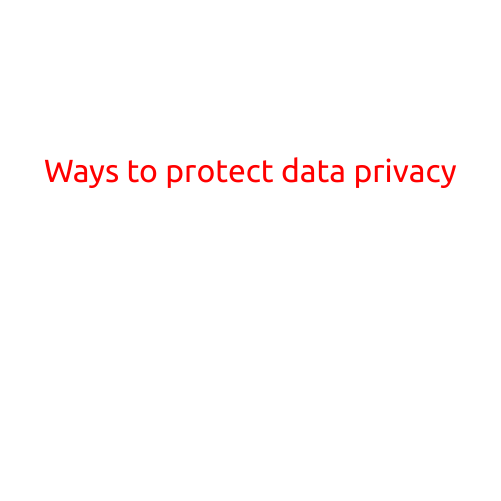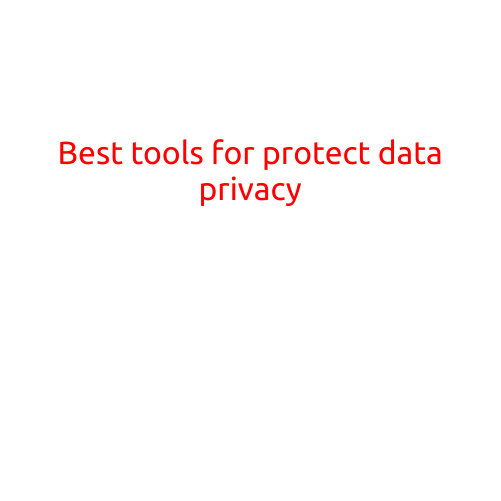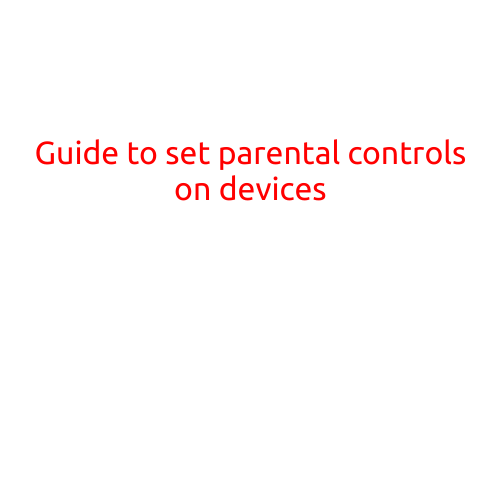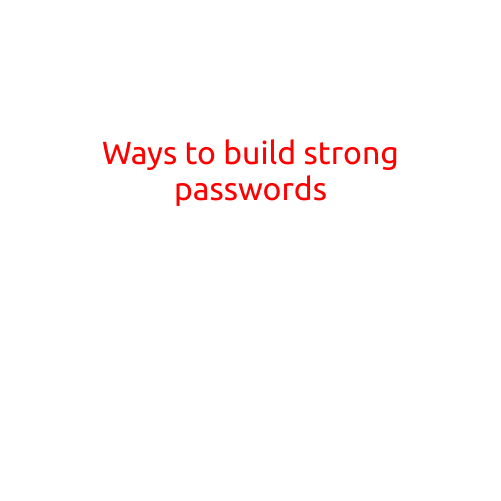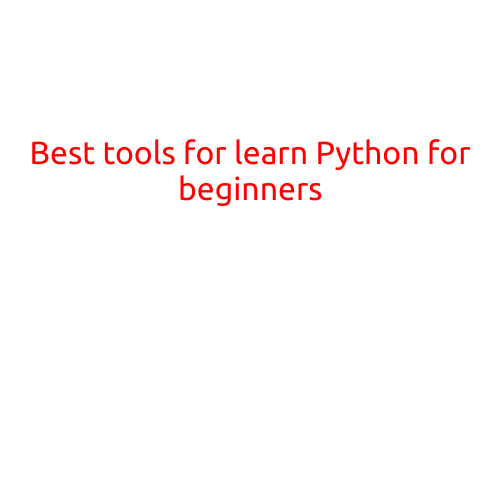
Best Tools for Learning Python for Beginners
As one of the most popular programming languages, Python is a great language for beginners to learn. With a vast number of resources available, it can be overwhelming to know where to start. In this article, we’ll discuss the best tools for learning Python for beginners.
Python Interpreter:
To start, you’ll need a Python interpreter to write and execute your code. The Python interpreter is the software that runs your Python programs. There are many options available, including:
- IDLE: IDLE is a basic IDE (Integrated Development Environment) that comes bundled with Python. It’s great for beginners as it includes a code editor and a console to run your code.
- Visual Studio Code: Visual Studio Code is a free code editor that’s popular among developers. It has a Python extension that provides features like code analysis, debugging, and testing.
- PyCharm: PyCharm is a popular IDE that’s free for open-source projects. It includes features like code completion, debugging, and testing, making it a great choice for beginners.
Code Editors:
A code editor is a must-have for any programmer. Here are a few options:
- Sublime Text: Sublime Text is a popular code editor that’s known for its speed and flexibility. It’s free to download and has a large community of users who create plugins and themes.
- Atom: Atom is another popular code editor that’s free and open-source. It has a large collection of packages that can be installed to extend its functionality.
- Visual Studio Code: Visual Studio Code is also a great code editor that’s free to download. It has a large collection of extensions that can be installed to add features like debugging and testing.
Online Courses and Tutorials:
There are many online courses and tutorials available to learn Python. Here are a few options:
- Codecademy: Codecademy is an online platform that offers interactive coding lessons. They have a comprehensive Python course that covers the basics and advanced topics.
- Python.org: Python.org is the official website of the Python language. They have a section dedicated to learning Python, which includes tutorials, docs, and a community forum.
- Udemy: Udemy is an online learning platform that offers courses on a wide range of topics, including Python. They have many courses on Python that range from beginner to advanced levels.
Books:
There are many great books available to learn Python. Here are a few options:
- “Python Crash Course” by Eric Matthes: This book is a comprehensive guide to Python that covers the basics and advanced topics.
- “Automate the Boring Stuff with Python” by Al Sweigart: This book is a great resource for learning Python by working on real-world projects.
- “Python for Data Analysis” by Wes McKinney: This book is a great resource for learning Python for data analysis, including how to work with popular libraries like pandas and NumPy.
Communities:
Joining a community of Python developers is a great way to learn more about the language and get help when you’re stuck. Here are a few options:
- Reddit: The r/learnpython community on Reddit is a great place to ask questions and get help from other Python developers.
- Python.org: Python.org has a community forum where you can ask questions and get help from other developers.
- Stack Overflow: Stack Overflow is a question-and-answer website that’s popular among programmers. They have a Python tag that’s perfect for asking questions and getting answers.
Conclusion:
Learning Python can be a fun and rewarding experience. With these tools, you’ll be well on your way to becoming a proficient Python programmer. From a Python interpreter to code editors, online courses, and books, there are many resources available to help you learn. Joining a community of Python developers can also be a great way to get help and stay motivated. Happy coding!

